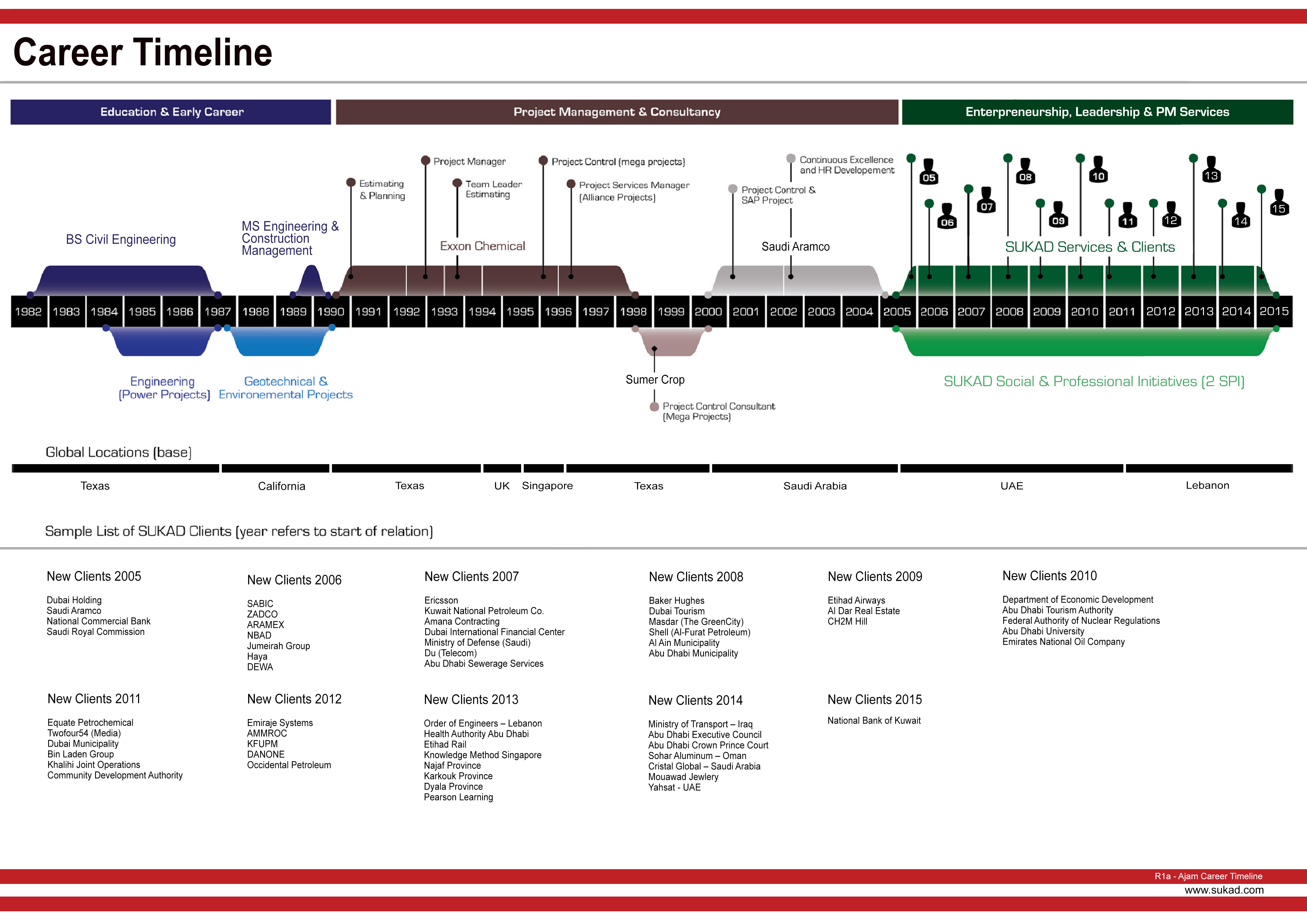This post is somewhat related to the previous two posts.
Please note – discovering your genius is not about reaching a genius level. Some are judging the article without reading. It is about being the best that you could be whether you have average or high intelligence!
As I work with professionals and youth, some often ask me for advice about careers. I am not a career counselor but in project management, I have enough experience to say something that could be of value.
What is my advice (one of a few) regarding a career in general? Read the background first but if not patient jump to the end :).
After my Masters Degree, I joined Exxon Chemical (before ExxonMobil) in their project management divisions. We were responsible for all petrochemical plant worldwide; upgrade or new projects. I was with Exxon for eight years, some of the best years in my professional life. A great part of what I know and who I am today goes back to those eight years.
For professional development, at that time Exxon Chemical was using the Dalton-Thomson model, which I may write about in more details in the future. A summary of the Model is next.
Dalton-Thomson Model
This model goes back to the 1970’s, if I am not mistaken. It divides career into four stages. These are:
Stage 1
Stage 1 is the Apprentice Stage where a young professional, new graduate, enter the workforce. During this stage, the young graduate is in a learning mode; despite a university degree, it is time to learn on the job. Therefore, the expectation is that this person needs guidance, coaching, and mentoring; in other words – a dependent mode.
Stage 2
After 2, 3, or 5 years – depend on the complexity of the job, this young professional moves into the Colleague Stage. During this stage, she would have learned enough to function independently. A keyword here: the person is an independent contributor. The challenge, most professionals get stuck in this stage and cannot move to stage 3.
Stage 3
This stage is labeled as the Mentor Stage. This means that our professional has reached a stage where she is a valuable colleague, independent contributor but also managed to learn how to contribute through others. She can mentor and coach other professionals.
We said that many professionals get stuck in stage 2.
Why?
There could be many reasons but for short; they have not learned how to contribute through others. Maybe they do not how; they have not been trained to be mentors; maybe they are afraid for their jobs.
Stage 4
This is the highest stage and obviously only a few reach it. This is what they call the sponsor stage. These are the people who have a direct influence on their organization in their domain (management or professional). In Exxon, you can reach stage 4 as a professional on the professional ladder (another post maybe 🙂 ). These are the gurus or internal consultants.
The Advice
Back to Exxon Chemical.
As I said, I was only with Exxon for eight years. However, in those years I moved from Estimating Engineer to Project Engineer, to Lead Estimating Engineer, to Project Control Engineer / Lead, and finally Project Support & Control Manager on an Alliance Project – before I left the company. As I was shifting from the Colleague Stage to the Mentor Stage; I had the opportunity to attend a workshop under the name Novations; which is to help us learn how to shift stages.
From that workshop (1996 – 20 years ago), I recall the following advice:
“To discover your genius, you have to meet three conditions:
- Be good at what you do
- Love what you do (the passion)
- Be in a company where your skills are core function”
The first two are complementary and support each other.
The third one is tougher; it was one of the main reason I became an entrepreneur and started my own professional business.
Do you have what it takes to discover your genius?
[contact-form][contact-field label=’Name’ type=’name’ required=’1’/][contact-field label=’Email’ type=’email’ required=’1’/][contact-field label=’Website’ type=’url’/][contact-field label=’Comment’ type=’textarea’ required=’1’/][/contact-form]

Trackbacks/Pingbacks